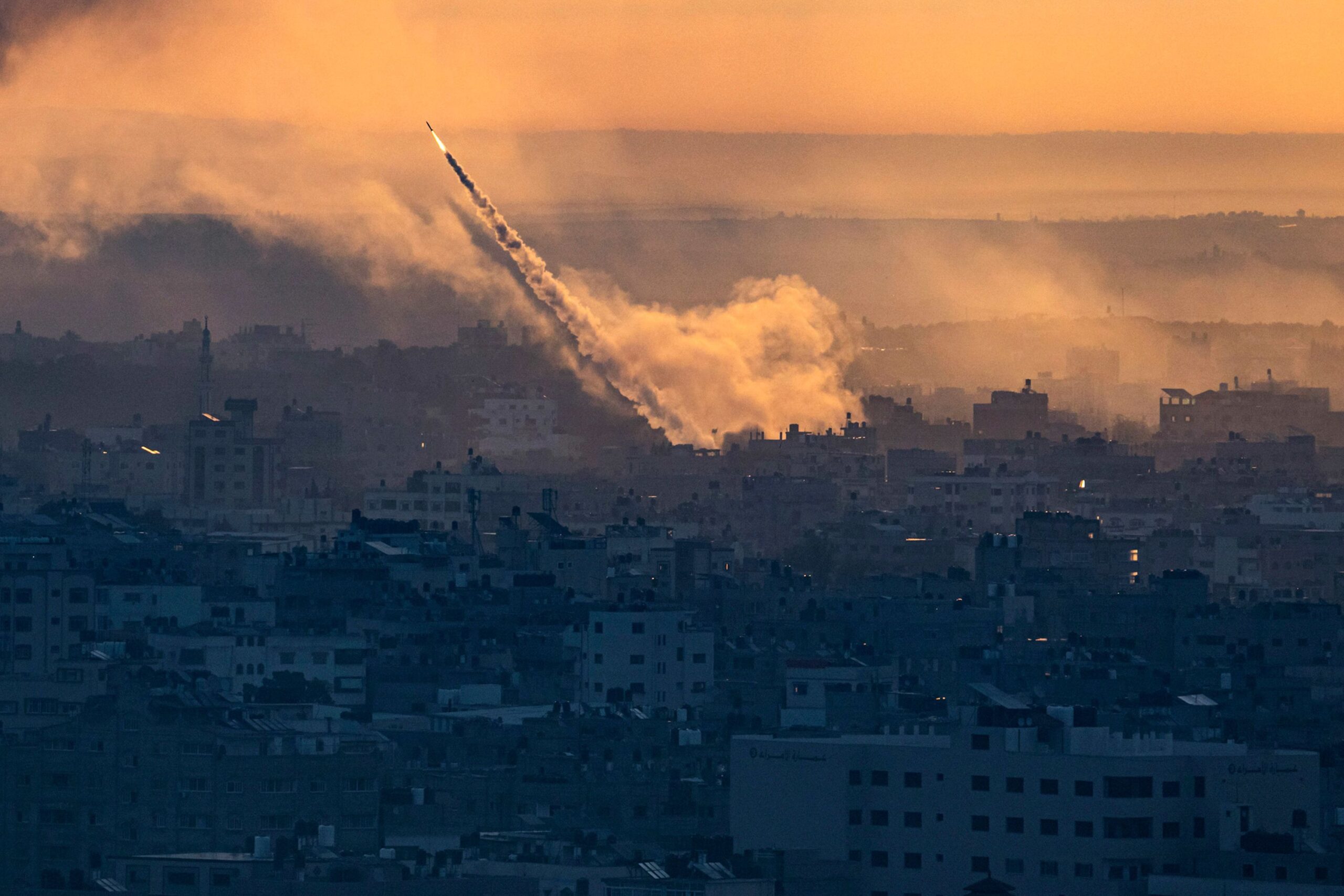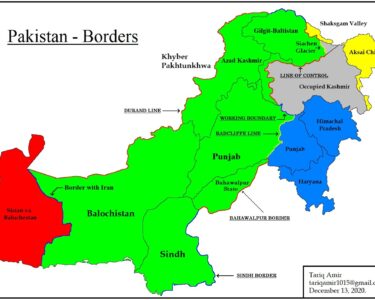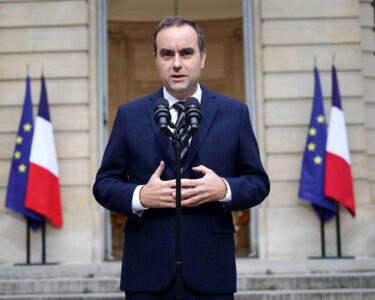Two years ago today, on October 7, 2023, the world was plunged into a new, brutal chapter of the Israeli-Palestinian conflict. Two years since the initial, barbaric attack by Hamas claimed the lives of approximately 1,200 Israelis and foreign nationals and tore 251 hostages from their homes. And two years since the start of an Israeli military campaign that has rendered the Gaza Strip unrecognizable, burying a generation under layers of rubble, grief, and despair.
This anniversary is not a milestone of resilience; it is a monument to an unconscionable global failure. We must look beyond the sterile statistics and truly see the human faces behind the suffering, not just the faces of the 48 hostages who remain captive, enduring a living hell, but also the faces of the tens of thousands of Palestinians killed, overwhelmingly women and children, whose lives were extinguished in a conflict they had no power to stop.
Think of Nana, a seven year old girl in Gaza, who after a night of bombings, drew a picture not of birds in the sky, but of empty, clear blue. Her father said she didn’t draw the birds because she was afraid of them now. She told him, “Baba, I am not afraid, but nervous!” as she hugged him, shivering. Her dream of a simple, safe sky is the only future she can imagine.

A chair sits before posters of hostages kidnapped during the deadly October 7 attack on Israel by Hamas, amid the ongoing Israel-Hamas war, in Tel Aviv, April 26, 2024.
Then consider the mother in southern Israel whose son, Uri, was killed defending his kibbutz. For her, the last two years have been terrible. She, too, prays for an end, holding onto the hope that the ongoing negotiations in Egypt might finally bring her community peace and the return of the few remaining captives.

A Palestinian girl carries a child through the rubble of houses destroyed by Israeli bombardment in Gaza City on March 3, amid the ongoing war between Israel and the Hamas movement.
These two pleas, separated by a devastated border, echo the same simple cry: “Enough is enough.”
The humanitarian crisis unfolding in Gaza is not a natural disaster; it is a manufactured catastrophe. The sheer number of displaced people nearly 90% of the entire population means homes, neighborhoods, and entire cities no longer exist. They have been replaced by dust and mass graves. Starvation is no longer a threat; it is a fact. We are witnessing the cruelest irony: children wasting away from hunger while aid trucks wait gridlocked at border crossings. New mothers are giving birth on hospital floors, and premature babies are sharing a single oxygen source, each child breathing for only twenty minutes before giving way to the next. This deliberate denial of basic life necessities is a profound moral outrage that stains the conscience of the world.
For us at AfrikTimes Media, this tragedy carries the deep, familiar sting of history. Our continent knows intimately the wounds of dispossession, occupation, and the fight for sovereignty.
 Burying the bodies of unidentified victims of Israel’s war on Gaza, Yasser Abu Ammar, in the blue apron, said he has never had to bury unknown bodies in mass graves before.
Burying the bodies of unidentified victims of Israel’s war on Gaza, Yasser Abu Ammar, in the blue apron, said he has never had to bury unknown bodies in mass graves before.
The silence of the world’s most powerful nations, their failure to enforce a lasting ceasefire and guarantee the safety of civilians, is a betrayal of the universal human rights principles we fought so hard to establish.
African leaders, drawing on our own history of liberation struggles, must use their collective moral authority to push beyond mere statements and demand immediate, effective action.
Two years have passed, yet we stand no closer to a solution. Negotiations remain stalled over the same core demand: Hamas seeks a guaranteed end to the war and Israeli withdrawal, while the Israeli leadership vows to continue fighting until Hamas is disarmed and all hostages are returned. The lack of a credible, long-term political vision, a roadmap for a dignified Palestinian state alongside a secure Israel ensures that the current suffering will only breed the next cycle of violence.
Today, our message is simple and unequivocal: The time for ambiguity is over.

Israeli military officers stand by a container in which bodies of the dead are stored before their relatives are called to identify them, in Ramla, Israel, October 13.
We demand an immediate, unconditional, and permanent ceasefire to stop the killing, not just a pause. We demand the unconditional release of all hostages. And we demand unhindered access for humanitarian aid to feed the starving and heal the wounded.
More than anything, we demand a return to humanity. The scars of this war, the amputated limbs, the children afraid of birds, the parents who no longer have the strength to cry, will last for generations. The world’s primary duty now is to ensure that the ultimate legacy of the two-year void is not an even deeper chasm of hate, but the beginning of a real, painful, and ultimately necessary path toward justice and peace for everyone in that tormented land.







